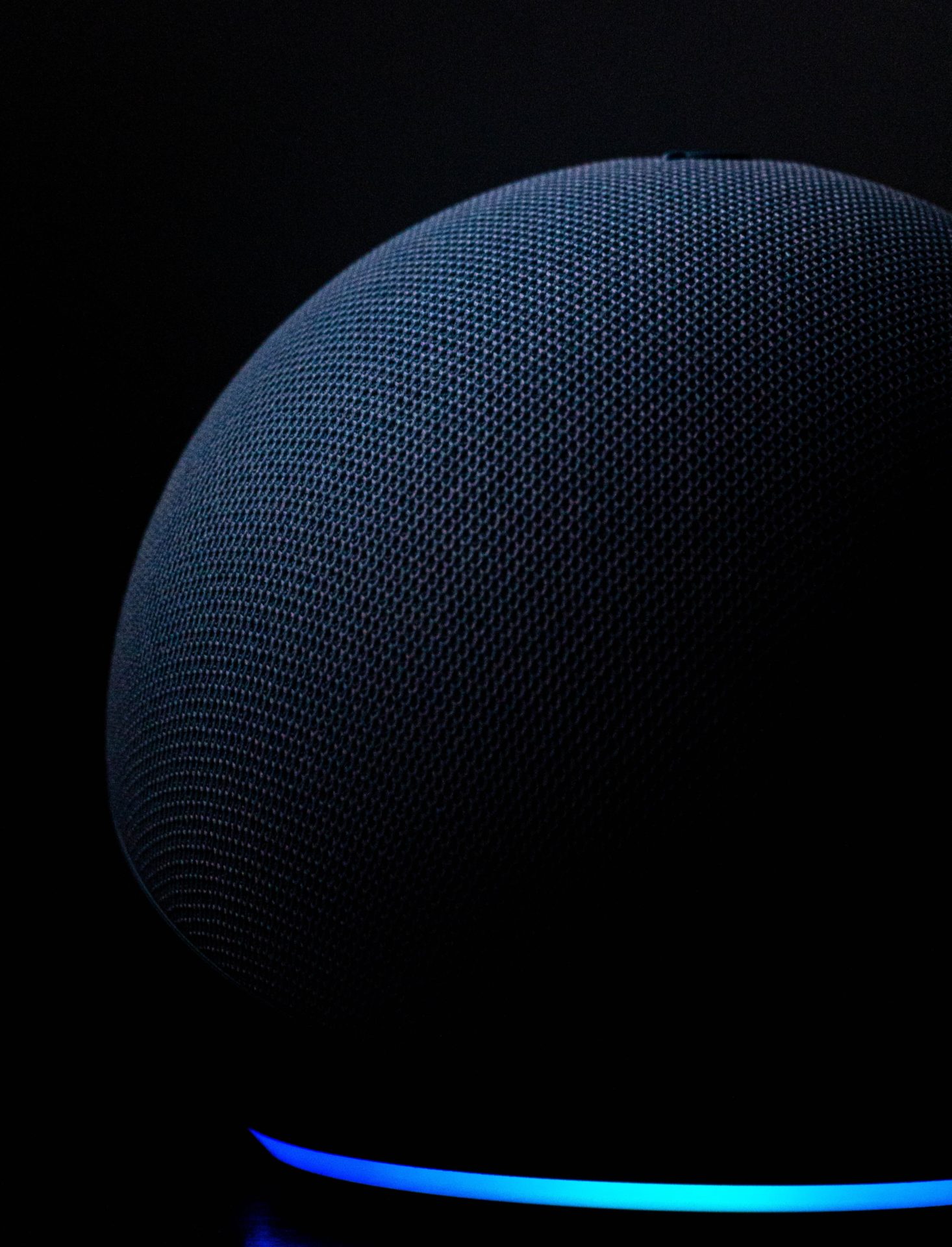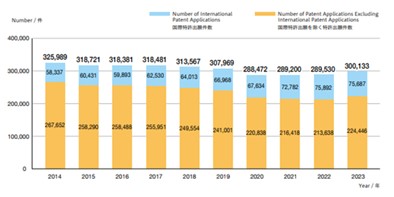On 26 January 2020 the EPO rejected two European patent applications on the ground that the designated sole inventor, an AI system, did not fulfill the requirements of the EPC (European Patent Convention) accepting only human persons as inventors.
The EPO states in the decision that AI systems or machines cannot be holders of the rights conferred to an inventor by the EPC. A closer look at the patent specifications, on the other hand, reveals that these do not contain any evidence supporting the allegation of the applicant that AI was involved in the inventive process of devising the claimed inventions.
The identical applicant of both patent applications claims that the true inventor is a machine intelligence system developed by him called DABUS, based on artificial neural networks allegedly being able to perform creative work. The applicant thus designated “DABUS” as the sole inventor in both patent applications.
The EPO based its decision to reject the application essentially on the following reasons:
- Only natural and legal persons can act within the framework of the system created by the EPC.
- Names given to natural persons serve not only the function of identifying them but enable them to exercise their rights. Things have no rights which a name would allow them to exercise.
- Under the EPC, the inventor has particular rights including the initial right to the European patent (which can be assigned to a third party) and the right to be mentioned and designated as inventor on the publications of the application and the granted patent. Al systems or machines have at present no rights. AI systems or machines also cannot transfer any rights such as the right to a European patent to a successor of title.
The two patent applications were therefore refused.




